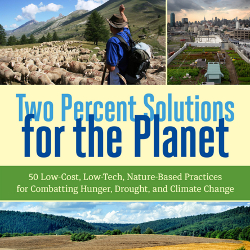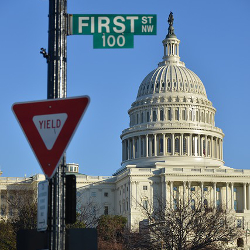The G.M.O. experiment, carried out in real time and with our entire food and ecological system as its laboratory, is perhaps the greatest case of human hubris ever. It creates yet another systemic, “too big to fail” enterprise — but one for which no bailouts will be possible when it fails. – Mark Spitznagel and Nassim Nicholas Taleb, New York Times, July 13, 2015
Earlier this month, Mark Spitznagel, founder and chief investment officer of Universa Investments, and Nassim Nicholas Taleb, scientific adviser at Universa Investments, worte a piece for the New York Times, comparing Monsanto’s GMO empire to the U.S. banking system.
It was an interesting analogy. And a frightening one.
We’re often asked, why GMO labeling? With so many problems facing this country, and the entire world, what’s the big deal?
The deal, as we all know, is bigger than labels. It’s bigger than GMOs.
The deal is, this toxic industrial monoculture, invented by Monsanto in order to sell millions of tons of chemicals like cancer-causing glyphosate, poses a threat to the world’s entire ecosystem.
And like it or not, you and I, and our children and grandchildren, are a part of that ecosystem.
Spitznagel and Taleb nailed it. Our government might have been able to bail out the banking system. But if our ecosystem experiences a systemic failure, there will be no bailouts.
Donate to the Organic Consumers Association (tax-deductible, helps support our work on behalf of organic standards, fair trade and public education)
Donate to the Organic Consumers Fund (non-tax-deductible, but necessary for our GMO labeling legislative efforts)
















